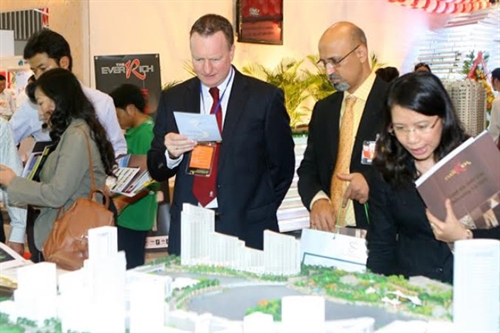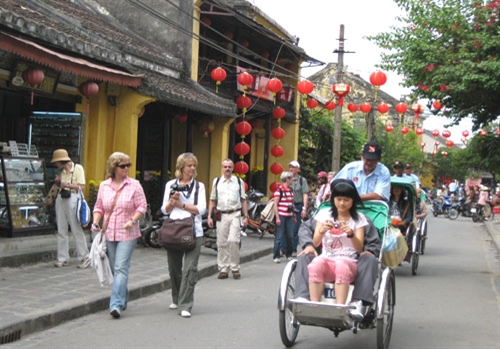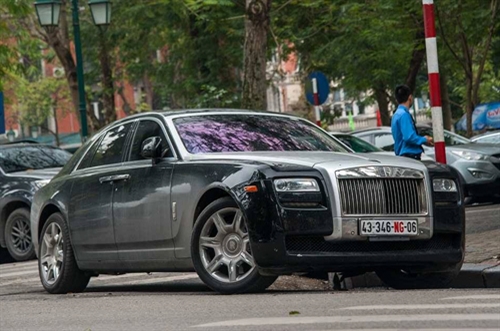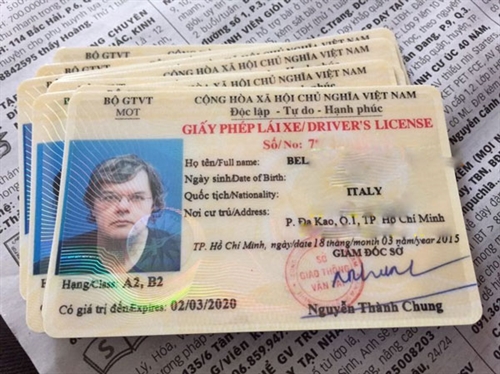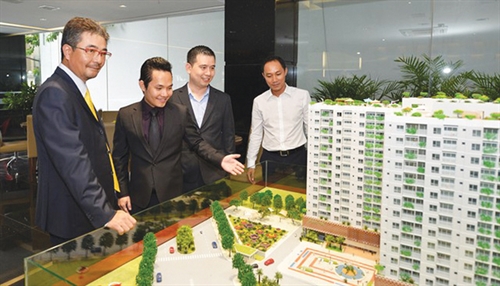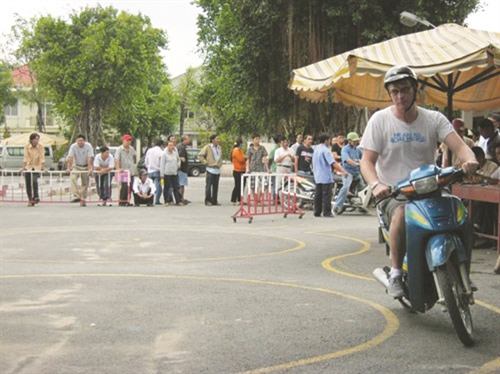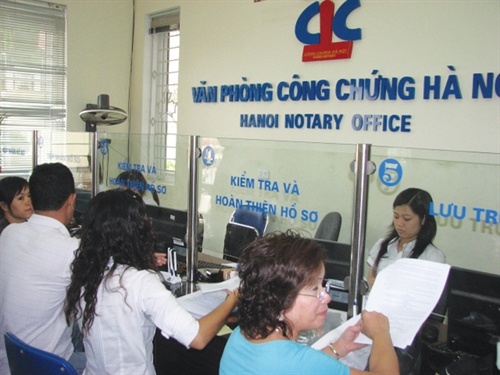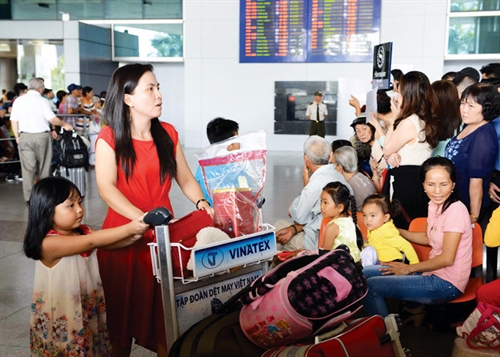I am a foreigner married to a Vietnamese woman. We had bought and lived for five years in a 56-m2 house on a 200-m2 land parcel in Vietnam (my wife is the registered owner of the house) and have lately moved to reside overseas. Can my wife retain her Vietnamese citizenship after she is naturalized in the country where we are residing?
My wife has recently suggested transfer of the house to a relative in Vietnam for management as she is worried about whether her ownership of the house can remain valid while we are not using it. I wonder if my wife could continue owning the house for our residence in the future.
On principle, a Vietnamese citizen can hold single citizenship. However, in some exceptional cases, Vietnam permits its citizens to hold dual citizenship. Exceptional cases include: persons permitted by the President of Vietnam; persons asking for permission for restoration of their Vietnamese citizenship; overseas Vietnamese who have been naturalized in foreign countries but still wish to hold Vietnamese citizenship; and inter-country adopted children. In addition, persons whose spouses, blood parents and children are Vietnamese citizens may also be naturalized in Vietnam while retaining their original citizenship.
Accordingly, your wife may retain her Vietnamese citizenship after being naturalized in the country where you are residing, provided her citizenship complies with such country’s law on naturalization.
Since your wife can retain her Vietnamese citizenship, she still have rights and obligations of Vietnamese citizens protected by Vietnamese law (Article 5 of the 2008 revised Law on Vietnamese Citizenship) though you have not been frequently residing in Vietnam. Vietnamese law does not limit the rights and obligations of Vietnamese citizens who do not permanently reside in Vietnam.
Residential land use rights
Under the 2013 Land Law (the Law), all land areas used by households and individuals for the residential purpose are regarded as land for stable and long-term use and subject to no given use term (Article 125 of the Law). Therefore, individuals or households that are named in land use rights certificates have full discretion to use and dispose of their residential land areas without any temporal limitations. Only households and individuals that have their land areas recovered or have their land use rights certificates revoked by the State will have their land use rights terminated.
The Law specifies the following cases of land recovery:
• Land recovery for national defense or security purpose (building of barracks, military bases, national defense works, military stations or ports).
• Land recovery for socio-economic development for national or public interests (implementation of projects in which investment is decided by the National Assembly or Prime Minister or approved by provincial-level People’s Councils).
• Land recovery due to violations of the land law (use of land for improper purposes; land users intentionally destroy land; land is allocated or leased to ineligible subjects or ultra vires).
• Land recovery due to the termination of lawful land use, voluntary return of land or threats to human life (organizations allocated land by the State are dissolved, fall bankrupt or are relocated; individual land users die without any heirs; land users voluntarily return land; land in environmentally polluted areas which are dangerous to human life).
Cases where the State revokes land use rights certificates include:
• The State recovers whole land areas in one of the cases of land recovery specified above.
• Renewal of granted land use rights certificates.
• Registration of changes in land and land-attached assets in case of granting new certificates of land use rights, house and land-attached asset ownership.
• Certificates have been granted in contravention of the land law (ultra vires, granted to ineligible subjects or for improper land areas or land use purposes).
So, your infrequent presence in Vietnam does not fall into one of the above cases of land recovery or revocation of land use rights certificate.
House ownership
Unlike land, houses are treated by Vietnamese law as private property, not property managed by the State as all the people’s representative. Therefore, the right to residence and house ownership is protected by the State. Only in cases of necessity, may requisition, compulsory purchase or preemptive purchase of land by the State can be applied. In case of land recovery for ground clearance, the State will have to pay compensations and implement the resettlement of individuals, households and organizations that lawfully own houses on such land (Articles 4 and 5 of the Law). Your wife, therefore, always retain her ownership of the house despite her infrequent presence in Vietnam.- (VLLF)
